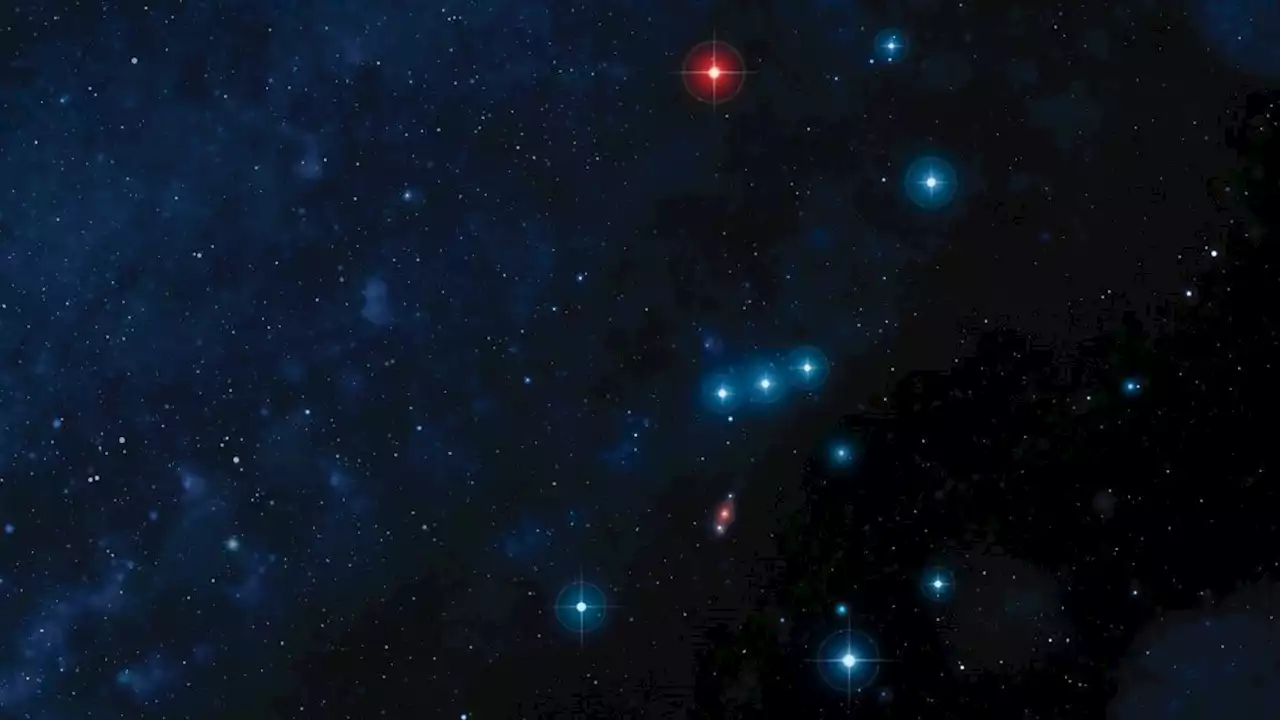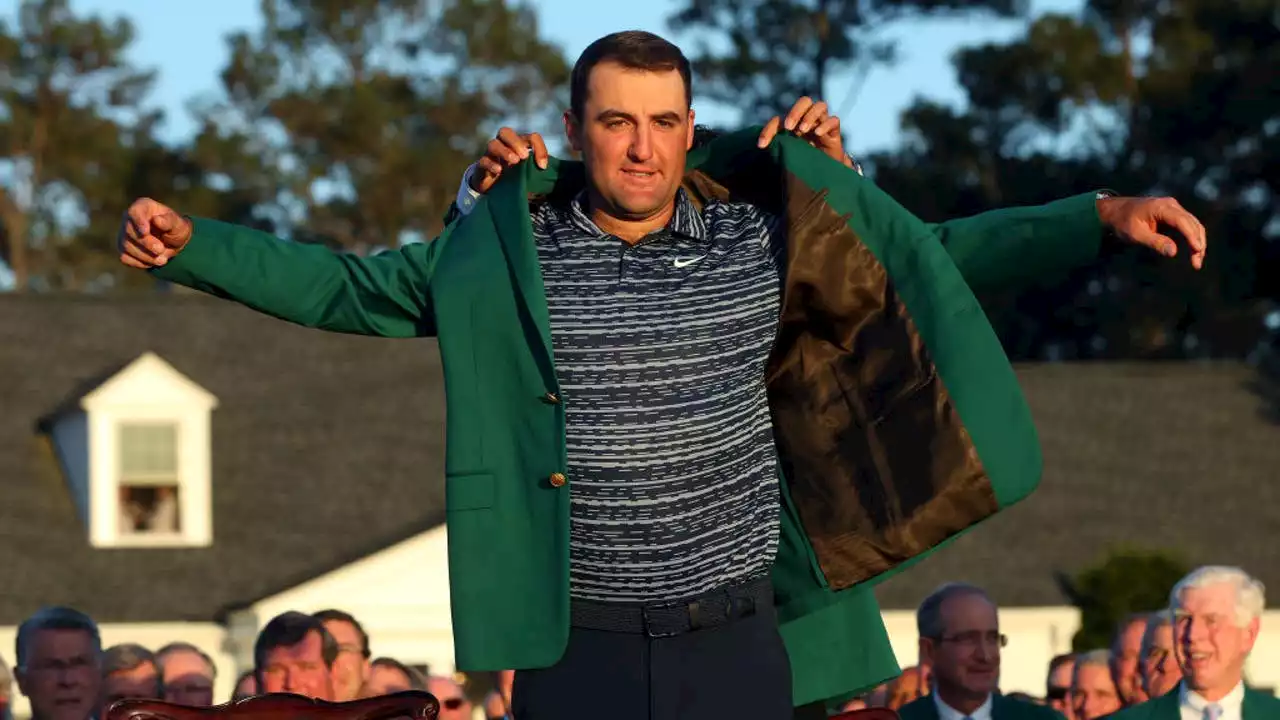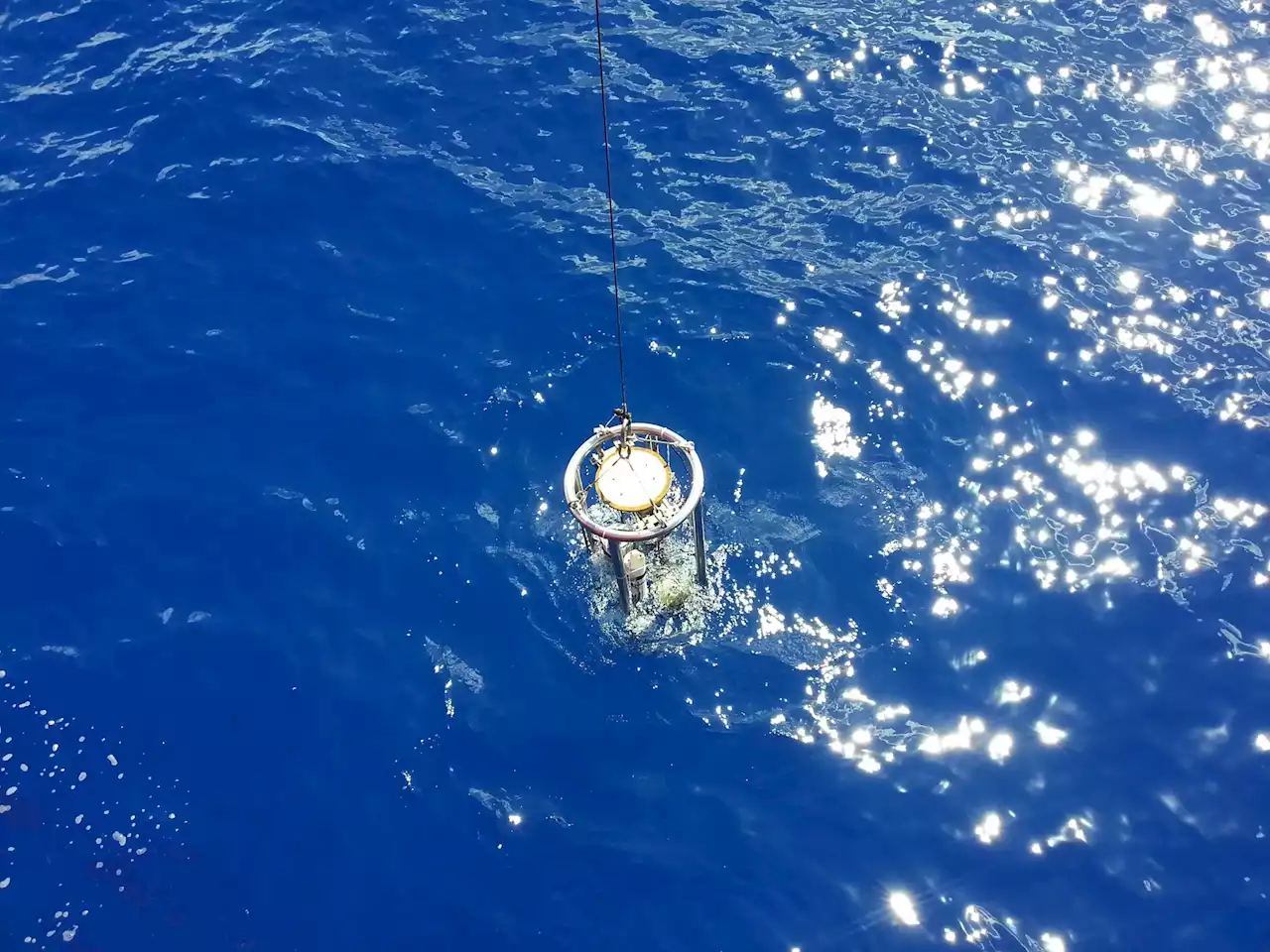A simple 19th Century tool is still useful to ocean scientists in the age of satellites, new research published in Frontiers in Marine Science shows. A Secchi disk – historically called a “dinner plate” by sailors – is used in the open ocean to measure concentrations of microscopic algae called
thFrontiers in Marine ScienceA Secchi disk – historically called a “dinner plate” by sailors – is used in the open ocean to measure concentrations of microscopic algae called phytoplankton.In the new study, a research team including the University of Exeter, Plymouth Marine Laboratory, Vrije Universiteit and the Italian Institute of Marine Sciences compared the performance of Secchi disks with satellites and high-performance chromatography.
Secchi disks performed almost as well as modern methods at monitoring phytoplankton abundance – meaning Secchi measurements going back more than a century can help scientists understand long-term changes in the ocean. “Phytoplankton produce half the world’s oxygen and form the base of ocean food webs, so monitoring them helps us track everything from climate change to the health of ecosystems,” said Dr. Bob Brewin, from the Centre for Geography and Environmental Science on Exeter’s Penryn Campus in Cornwall.
“New technology undoubtedly gives us new opportunities, but our study shows Secchi disks do a good job of estimating chlorophyll – which means we should be able to integrate data from the past with modern measurements.Secchi disks are still used all around the world to monitor ocean biomass and water quality, and co-author Dr. Jaime Pitarch, from ISMAR, said the findings support their continued use.In fact, researchers including Dr.
South Africa Latest News, South Africa Headlines
Similar News:You can also read news stories similar to this one that we have collected from other news sources.
 Celebrate St. Patrick’s Day by feeding the hungry | OpinionIreland suffered through famines during the 19th century where millions starved to death or were displaced.
Celebrate St. Patrick’s Day by feeding the hungry | OpinionIreland suffered through famines during the 19th century where millions starved to death or were displaced.
Read more »
 Orion constellation goes from hunter to hunted in the March night skyRobert Lea is a science journalist in the U.K. whose articles have been published in Physics World, New Scientist, Astronomy Magazine, All About Space, Newsweek and ZME Science. He also writes about science communication for Elsevier and the European Journal of Physics. Rob holds a bachelor of science degree in physics and astronomy from the U.K.’s Open University. Follow him on Twitter sciencef1rst.
Orion constellation goes from hunter to hunted in the March night skyRobert Lea is a science journalist in the U.K. whose articles have been published in Physics World, New Scientist, Astronomy Magazine, All About Space, Newsweek and ZME Science. He also writes about science communication for Elsevier and the European Journal of Physics. Rob holds a bachelor of science degree in physics and astronomy from the U.K.’s Open University. Follow him on Twitter sciencef1rst.
Read more »
 14 Recipes for When You Want to Eat Cheese for DinnerOur favorite cheese recipes for dinner include grilled cheese, mac and cheese, beer and cheddar soup, cheese and pasta casseroles, and so much more. These main-dish recipes with cheese are perfect for entertaining, weeknights, or any time you want to eat cheese for dinner. Try our 14 cheesiest recipes for dinner.
14 Recipes for When You Want to Eat Cheese for DinnerOur favorite cheese recipes for dinner include grilled cheese, mac and cheese, beer and cheddar soup, cheese and pasta casseroles, and so much more. These main-dish recipes with cheese are perfect for entertaining, weeknights, or any time you want to eat cheese for dinner. Try our 14 cheesiest recipes for dinner.
Read more »
 What Highland Park's Scottie Scheffler has on the menu for The Masters Champions DinnerAs reigning Masters champion Highland Park's Scottie Scheffler gets to set the menu for the Masters Champions Dinner this year. The menu has a distinct Texas flare.
What Highland Park's Scottie Scheffler has on the menu for The Masters Champions DinnerAs reigning Masters champion Highland Park's Scottie Scheffler gets to set the menu for the Masters Champions Dinner this year. The menu has a distinct Texas flare.
Read more »
 Paul Coleman, Maryhaven leader for a quarter century, remembered for 'warm heart'A recovering alcoholic, Paul Coleman never turned down a phone call from those in need. The former head of Maryhaven died March 11. He was 79.
Paul Coleman, Maryhaven leader for a quarter century, remembered for 'warm heart'A recovering alcoholic, Paul Coleman never turned down a phone call from those in need. The former head of Maryhaven died March 11. He was 79.
Read more »
 Scottie Scheffler’s Masters Club Dinner menu revealedNo need to grill Scottie Scheffler about his Masters Club Dinner menu.
Scottie Scheffler’s Masters Club Dinner menu revealedNo need to grill Scottie Scheffler about his Masters Club Dinner menu.
Read more »
